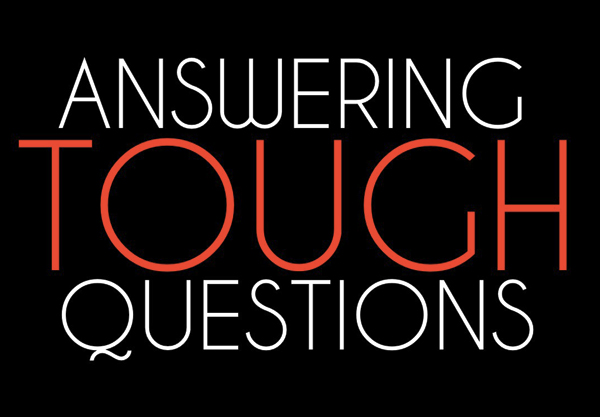People who do things the wrong way are fools and people who get in my way are even worse.
That’s a nasty thought, but it’s undoubtedly one that crosses my mind more often than I’d care to admit. [It looks worse in text than it does when it runs through my mind, but we all know it’s equally horrifying either way.]
I’ve long-confessed that I’m impatient. My honesty about my lack of patience made my feel ok that I was a ticking time bomb.

As I reflected back on my time overseas in Slovenia, I realized that one blatant sin that summed up my whole year was impatience.
- Impatience with students when they didn’t believe the gospel.
- Impatience with Christian students who didn’t want to grow or share their faith.
- Impatience with my wife when she didn’t meet unspoken expectations I didn’t even realize I had.
- Impatience with God when he didn’t answer prayers according to my timing.
- Impatience with myself when sin continued to creep up or self-improvement didn’t come as quickly as I hoped.
I listened to a sermon that is as old as I am (nearly to the day!) by John Piper entitled, “Battling the Unbelief of Impatience.”
The title alone struck me. I had never heard impatience framed that way–not believing faithfully in God.
Here’s a quote from Piper to set the tone.
“Patience in doing the will of God is not an optional Christian virtue because faith is not optional and impatience is the fruit of unbelief. It is no minor skirmish.”
Ouch. Impatience is a big deal. It’s a faith issue. Continue reading



